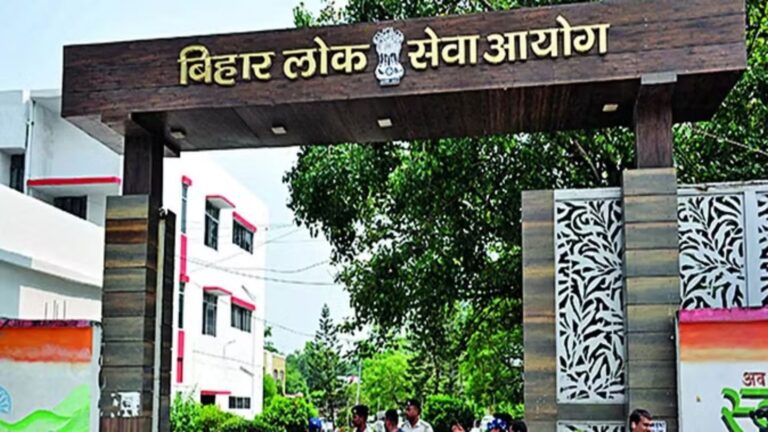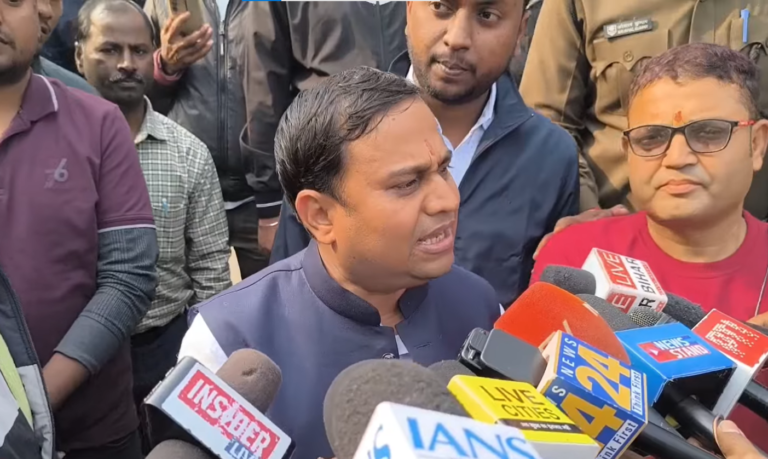
A recent development in Bangladesh has raised significant concerns for India’s security and regional stability. Terrorist Abdul Salam Pintu, a former Bangladeshi minister who has been implicated in aiding terrorist organizations targeting India, has been released from prison. His release not only poses a threat to India but also highlights the complexities of Indo-Bangladeshi relations and the challenges of counter-terrorism efforts in South Asia.
Who is Abdul Salam Pintu?
Abdul Salam Pintu, a former Deputy Minister of Education in Bangladesh from 2001 to 2006 during the Bangladesh Nationalist Party (BNP) regime, has a controversial history. Investigations revealed that Pintu provided financial and logistical support to Pakistan-based terrorist organizations, including Harkat-ul-Jihad al-Islami (HuJI). His role extended to helping these groups procure weapons and gather intelligence to plan attacks against India.
His actions weren’t limited to targeting India. Within Bangladesh, Pintu allegedly orchestrated grenade attacks on opposition rallies, including those organized by Sheikh Hasina’s Awami League party. These attacks aimed to suppress dissent and consolidate BNP’s grip on power.
The BNP Era and Terrorism
From 2001 to 2006, Bangladesh witnessed significant turbulence under the BNP government led by Khaleda Zia. This period was marked by heightened anti-India activities, with various extremist groups finding refuge and support within Bangladesh. Pintu’s involvement in these activities underscores the extent to which state actors were complicit in harboring and assisting anti-India elements.
One of the most horrific incidents during this era was the 2001 killing of 16 Indian soldiers near the India-Bangladesh border. Reports indicate that these soldiers were tortured and killed by a mob allegedly supported by elements within the Bangladeshi security forces. The gruesome nature of these killings shocked the international community, drawing attention to the fragile and often hostile dynamics between the two nations during that period.
Pintu’s Conviction and Release
In 2008, after a regime change in Bangladesh, Pintu was convicted of funding terrorism and aiding extremists. He was sentenced to prison, where he remained for 17 years. However, in 2024, a court in Bangladesh unexpectedly released him, citing undisclosed reasons. This decision has sparked outrage and concerns about the potential resurgence of extremist elements in Bangladesh’s political landscape.
Implications for India
- National Security Threat: Abdul Salam Pintu’s release raises fears of renewed anti-India activities. His connections with extremist groups and his influence within Bangladesh’s political circles make him a significant threat.
- Political Uncertainty in Bangladesh: The current interim government in Bangladesh, which lacks electoral legitimacy, has been under scrutiny for its decisions. Abdul Salam Pintu’s release could signal a shift toward a more radicalized political environment reminiscent of the BNP era.
- Deteriorating Bilateral Relations: The release has added strain to India-Bangladesh relations. India has expressed concerns about the extradition of Sheikh Hasina, the current Prime Minister of Bangladesh, who has been a key ally in improving bilateral ties.
Lessons from History
The period from 2001 to 2006 serves as a stark reminder of the dangers posed by state-sponsored terrorism. The incidents during this time, including the killing of Indian soldiers and Abdul Salam Pintu’s activities, highlight the importance of vigilance and robust border security.
The Road Ahead
India must:
- Strengthen Border Security: Preventing cross-border infiltration and securing vulnerable points along the India-Bangladesh border is crucial.
- Engage Internationally: Raise awareness about the risks of releasing individuals like Pintu and advocate for stricter measures against state-sponsored terrorism.
- Monitor Developments in Bangladesh: Keep a close watch on political and security developments to anticipate potential threats.
Conclusion
The release of Abdul Salam Pintu is a troubling development that underscores the complexities of regional security in South Asia. For India, it serves as a call to action to reinforce its counter-terrorism strategies and to remain vigilant against emerging threats. As the political landscape in Bangladesh evolves, India’s role in ensuring peace and stability in the region will be more critical than ever.
Also Read: Bangladesh-Myanmar Border Issue: A Comprehensive Analysis
Follow US




